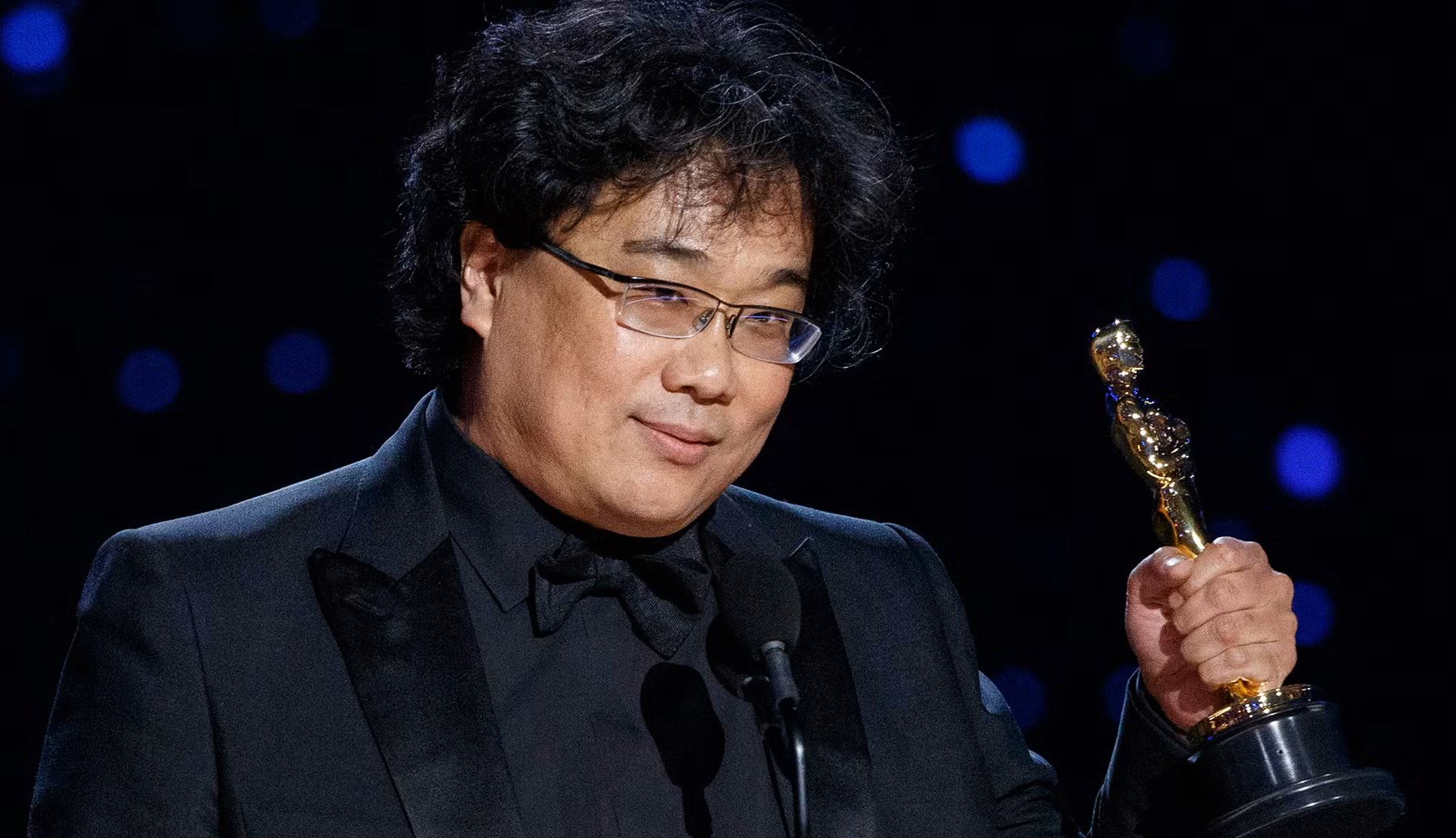
Ever wondered what makes iconic film directors so memorable? These creative geniuses shape the movies we love, leaving a lasting impact on cinema. From Alfred Hitchcock's suspenseful storytelling to Steven Spielberg's blockbuster magic, each director brings something unique to the table. But what sets them apart? Is it their vision, their techniques, or their ability to connect with audiences? In this post, we'll dive into 25 fascinating facts about some of the most influential directors in film history. Get ready to be amazed by their quirks, achievements, and the stories behind their masterpieces. Whether you're a film buff or just curious, these insights will give you a new appreciation for the art of filmmaking.
Key Takeaways:
- 1. Spielberg, Scorsese, Tarantino, Nolan, and Hitchcock are legendary directors known for creating blockbuster hits, crime dramas, nonlinear stories, mind-bending films, and suspenseful thrillers, shaping the landscape of modern cinema.
- 2. These iconic directors have left an indelible mark on the film industry, with their unique styles, groundbreaking techniques, and unforgettable contributions to the world of cinema, inspiring future generations of filmmakers.
Steven Spielberg: The Master of Blockbusters
Steven Spielberg is a name synonymous with blockbuster films. His work has left an indelible mark on cinema.
- Spielberg directed his first feature film, "Duel," at the age of 25.
- "Jaws," released in 1975, is often credited with creating the summer blockbuster phenomenon.
- He co-founded DreamWorks Studios in 1994.
- Spielberg has won three Academy Awards, two for directing and one for producing.
- "E.T. the Extra-Terrestrial" was the highest-grossing film of the 1980s.
Martin Scorsese: The King of Crime Films
Martin Scorsese's films often explore themes of crime, guilt, and redemption. His unique style has made him a legend.
- Scorsese's first feature film, "Who's That Knocking at My Door," was released in 1967.
- "Taxi Driver" (1976) is considered one of the greatest films ever made.
- He has collaborated with actor Robert De Niro in nine films.
- Scorsese won his first Oscar for Best Director for "The Departed" in 2007.
- He is a co-founder of the Film Foundation, which works to preserve and restore classic films.
Quentin Tarantino: The Auteur of Nonlinear Storytelling
Quentin Tarantino is known for his nonlinear narratives and stylized violence. His films are a blend of various genres and influences.
- Tarantino worked at a video rental store before becoming a filmmaker.
- "Pulp Fiction" won the Palme d'Or at the Cannes Film Festival in 1994.
- He often makes cameo appearances in his own films.
- Tarantino's films frequently feature long, dialogue-heavy scenes.
- He has stated that he plans to retire after making ten films.
Christopher Nolan: The Architect of Mind-Bending Films
Christopher Nolan's films are known for their complex narratives and visual storytelling. He has redefined modern cinema.
- Nolan's breakthrough film, "Memento," was released in 2000.
- He directed the critically acclaimed "Dark Knight" trilogy.
- "Inception" (2010) is famous for its intricate plot and stunning visuals.
- Nolan prefers practical effects over CGI in his films.
- He often collaborates with composer Hans Zimmer for his film scores.
Alfred Hitchcock: The Master of Suspense
Alfred Hitchcock's influence on the thriller genre is unparalleled. His films are known for their suspenseful plots and innovative techniques.
- Hitchcock directed over 50 feature films in his career.
- "Psycho" (1960) is one of the most iconic horror films ever made.
- He was known for making cameo appearances in his own films.
- Hitchcock's "Vertigo" (1958) is often cited as one of the greatest films of all time.
- He never won an Academy Award for Best Director, despite being nominated five times.
Final Take on Iconic Film Directors
Iconic film directors have shaped the world of cinema with their unique visions and storytelling techniques. From Alfred Hitchcock's suspenseful thrillers to Steven Spielberg's blockbuster adventures, these directors have left an indelible mark on the industry. Quentin Tarantino's dialogue-driven narratives and Martin Scorsese's gritty urban tales continue to influence new generations of filmmakers. Each director brings something special to the table, whether it's Stanley Kubrick's meticulous attention to detail or Hayao Miyazaki's enchanting animated worlds.
Understanding these directors' contributions helps appreciate the art of filmmaking even more. Their innovative approaches and groundbreaking films have not only entertained audiences but also pushed the boundaries of what cinema can achieve. So next time you watch a movie, think about the creative genius behind the camera. It might just change the way you see the film.
Frequently Asked Questions
Was this page helpful?
Our commitment to delivering trustworthy and engaging content is at the heart of what we do. Each fact on our site is contributed by real users like you, bringing a wealth of diverse insights and information. To ensure the highest standards of accuracy and reliability, our dedicated editors meticulously review each submission. This process guarantees that the facts we share are not only fascinating but also credible. Trust in our commitment to quality and authenticity as you explore and learn with us.
